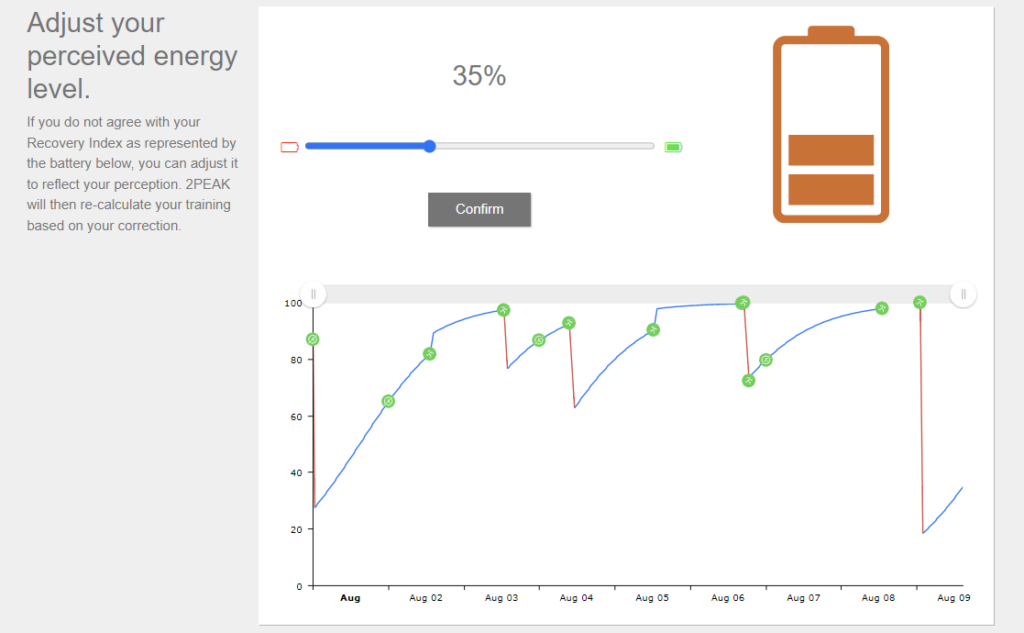Training and getting better at sports is simply a matter of stimulating and even damaging muscles and then recovering. It is during recovery that you actually improve. So the natural question is: are there any ways to speed up recovery? Recovering will take time no matter what, but here are a few things you can do to maximize your recovery.
Sleep
Sleep is the ultimate miracle for recovery. It is always important, but during intense training or racing periods, it is crucial to ensure you get enough sleep. 7-10 hours of sleep daily is ideal if you can fit it in to your schedule. It is best to have a good routine where you get 8 hours of sleep night after night.
It is also been shown that sleeping less can reduce your testosterone levels. Testosterone is a crucial hormone that not only helps you perform better in training but assists in repairing and building muscle. So this is incredibly important for recovery. In as little as one week, studies have shown with less than 5.5 hours of sleep, young men see a 10-15% testosterone reduction.
Nutrition
Make sure immediately following exercise to have at least 20g of protein to help rebuild muscle and 60 grams of carbohydrates. 20g is the number typically recommended for protein because it is the average amount that people can metabolize in one hour. You do not have to hit these exact numbers, but it is a good minimum baseline, and then you should aim for a protein to carb ratio of 1:3 for ideal recovery.
Don’t be afraid of calories. When you are training, you need to replenish the calories you are using while active. If you are not actively trying to lose weight, it is better to not be in a significant calorie deficit.
Hydration
People often remember to hydrate during training, but this is not the only time to think about hydration. After training and in your daily life you should ensure you are drinking enough water. Staying hydrated all the time will help you speed up your recovery.
Movement
Relaxed movement in your zone 1 heart rate can help stimulate recovery. This is why cooling down after a hard workout is necessary but can be helpful beyond just a cool down. Walking stretching and moving in daily life will help you recover faster. Very basic movement will help keep you lose. If you want to take it to the next level, you can also do targeted specific movement like on a foam roller or stretching.
Correct planning
Making sure you recover from training as quickly as possible is also influenced by how well your training is planned. Too much training and you might have to recover for too long. Too little training and you will never improve. That is why it is best to have an individual plan that you always track your training in, like 2PEAK.
In 2PEAK you also should adjust your battery as you recover. The plan does this automatically but you may need to manually adjust it from time to time.

Making sure that your training matches your recovery will ensure you improve as much as possible.
